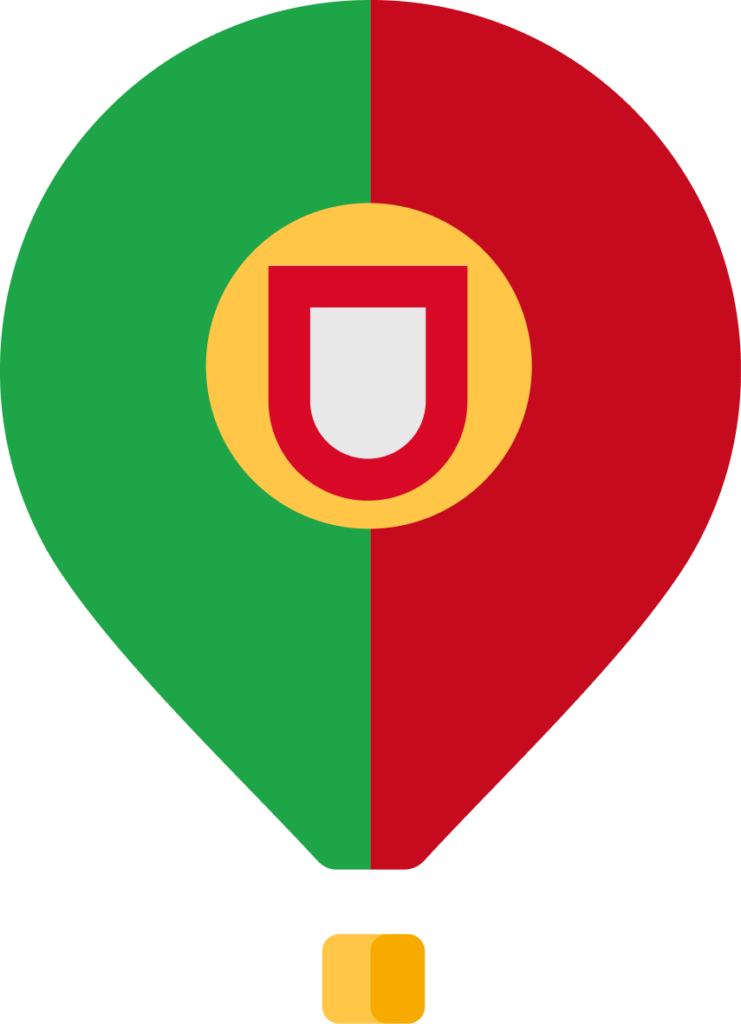Traditional Portuguese games are a great way to have fun with very little supplies! Grandparents have been passing on awesome activities to their grandchildren for generations. The best thing about them, and why they stayed so popular, is that they need very little, if anything at all, to be played. When toys weren’t available to all kids, this made sure everyone got to have a good time no matter how much money they had!
One of those games is “Sameiras” (Bottle-caps) where, much like marbles, you draw a circle and flick a bottle-cap into the circle to try and get your friend’s caps out of the circle while yours remain, and see who ends with the last one. A game called “Malha” has been around for an even longer time – there are documents talking about it from 1644, more than 300 years ago! It’s very simple and fun. Each player gets two metal discs or even rocks, and has to try and throw down a stake in the ground, or get the disc to land really close to it. The player with the best score wins; three points for tossing the pin down, and one point for being the closest.
Other games don’t even need any supplies at all. A game many girls like to play is “Bom Barqueiro” (The Good Ferrier) where two children (the ferriers) hold hands and each picks a secret word for him/herself and all others form a line with their hands on their friend’s shoulders. Each kid in the line passes, saying a verse, and the last one is “trapped” between the ferrier’s arms, who will ask which secret word the kid will pick.
The verses are:
|
-Bom Barqueiro, Bom barqueiro, Deixai-me passar! Tenho muitos filhinhos Para acabar de criar. |
Good Ferrier, good Ferrier, Let me pass! I have many little children That I must still raise. |
|
-Passarás, passarás, Mas algum ficará, Se não for o da frente, Há de ser o de trás! |
-You shall pass, you shall pass, But someone will stay, If not the one ahead, Then the one behind! |
Picking a word will mean the kid will go behind the ferrier who had that secret word, and the line goes through until all children have a ferrier. Then they draw a line between them and see which team can pull the other over the line!
Also, there are many games for which you know the rules already! Hopscotch for example, is a game all Portuguese children know how to play, and there it’s called “Macaca” (monkey), with a little bit of chalk and a stone to throw at the jumping spot. Simon Says simply turns to “O Rei Manda” (The King Orders), and “Apanhadas” (catch) is a success in the schoolyard.
Of all games, maybe the one the whole country is in love with, young and old, is Futebol (soccer). There are many professional teams who play with eleven athletes each in big stadiums, but not much is needed to capture the spirit of the game. Portuguese kids make their goalposts out of anything that can mark the floor, and have teams of any size with goalies to see who can score the most by kicking their ball past the goalie!

Online European Portuguese lessons for kids: dinolingo.com
